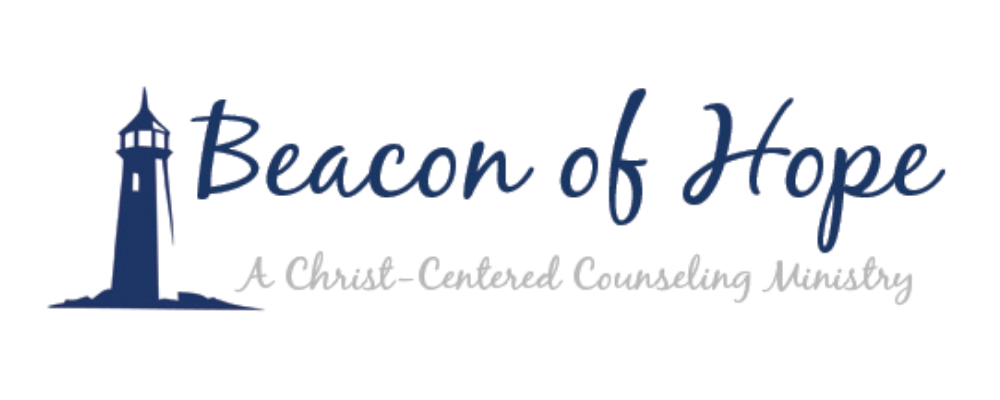Our Emotional Health is Just as Important as Our Physical Health
Asking for any type of mental health help is hard at times. We’ve grown up in a culture where you go to your doctor if you don’t feel good or sustained some type of injury. Family and friends give the well-intentioned, “Oh, I hope you feel better,” or if you’re hurt and laid up, they might even drop off food. If you call work and say, “I have the flu” or, “I was in a car accident, I broke my ankle and my arm,” more times than not, this is met with understanding and compassion.
When we are struggling mentally, though, the reactions are different. Who among us would venture across the stigma line, call work, and tell the truth when something mentally or emotionally happens? If we were to call work and say, “I can’t make it in today. My depression has the best of me,” or “I can’t make it in today, my intrusive thoughts have kept me up all night, and I am having panic attacks,” what would be the response? An explicit disdain for our “weakness”? Or, implicit, behind our back, snickering, judgment-laced gossip?
What about with family and friends? Are we as open and honest with those we love, just as we would be if we had bronchitis, strep throat, or a torn ACL? How many of us shy away from such honesty when it comes to our mental health? Is a self-imposed fear driving our inability to share our struggles, or is that fear based externally, watching how those close to us have reacted to such things in the past?
As a therapist, I can tell you that asking for help shouldn’t be hard. In fact, it should be celebrated as brave. Outside of being a therapist, I understand the trepidation in opening up. As a 46-year-old man, I have had a life full of blessings for sure, but also one marred with heartbreak; at times, of utter despair fighting dark seasons.
Our emotional health is just as important as our physical health. If we ignore our inner emotions, they will find a way to come out over time--usually in unhealthy ways. We owe it to ourselves to break the stigma, and we do this by “owning our story.” By this, I mean that we reclaim the power from our experiences and emotions we have been taught to hide. The bad, the ugly, the embarrassing, the regrets, and all the other aspects make us flawed but amazingly human.
This blog was written by Todd Leva, LLPC.

